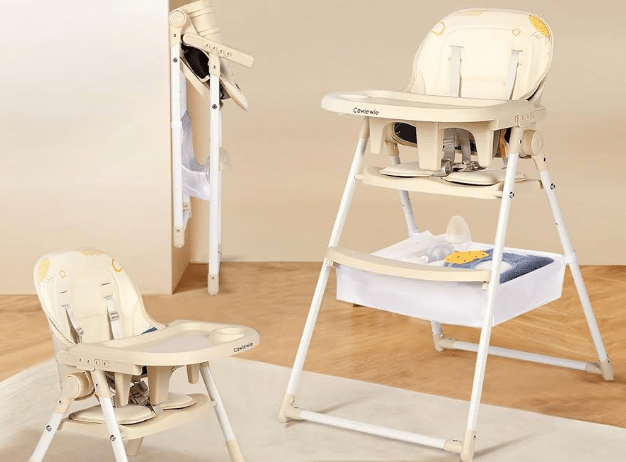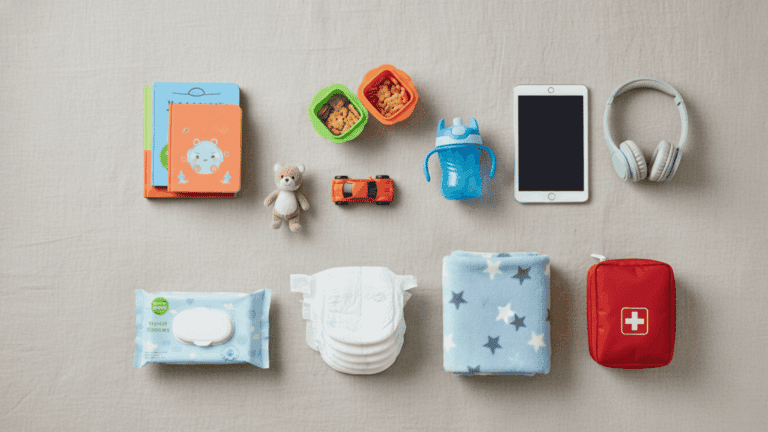Teaching kids phonics can feel tough when they struggle with short vowel sounds.
Parents and teachers often wonder how to make learning these fundamental sounds more engaging and effective for young learners.
This helpful collection of words with short A sound provides an excellent solution for building strong reading foundations.
Children will find familiar words, clear practice examples, and fun ways to remember each sound pattern. The blog post offers practical tools and methods that make phonics learning both simple and enjoyable for everyone.
Why are Words with Short A Sound Important?
Words with short A sound contain the vowel “a” that makes the /æ/ sound, like in “cat,” “bat,” and “ran.” This sound is quick and sharp, different from the long A sound in words like “cake” or “rain.” Young learners hear this pattern in many simple, everyday words they already know.
Understanding this concept becomes crucial for several reasons:
- Foundation building– These words teach basic vowel patterns that apply to other sounds
- Reading confidence– Kids can decode many familiar words using this single sound rule
- Spelling success– Children learn consistent letter-sound relationships
Short A vowel words appear in most beginning reading programs because they follow predictable patterns.
Kids can easily sound out words like “ham,” “lap,” and “tag” once they understand the concept. This sound pattern helps bridge the gap between knowing letters and actual reading.
Short A Sound vs Long A Sound: What’s the difference?
| Aspect | Short A Sound | Long A Sound |
|---|---|---|
| Sound | Quick /æ/ sound like “apple” | Extended /eɪ/ sound like “ape” |
| Word Patterns | Short A Word Families: -at, -ag, -ad, -am, -anExamples: cat, bag, mad, ham, pan | Long A Word Families: -ake, -ame, -ay, -aiExamples: cake, name, play, rain |
| Spelling Rules | Closed syllables, no silent letters. Pattern: consonant + a + consonant. |
Uses silent ‘e’ or vowel pairs . Examples: make, day, tail. |
| Sample Words | cat, hat, bag, ran, map | cake, gate, play, train, day |
| Teaching Tip | Use quick tapping gestures. Focus on CVC (consonant-vowel-consonant) patterns. | Teach “magic e” rule. Practice vowel teams. |
Common Short A Vowel Words You Should Know
When teaching young learners, it’s important to introduce them to common words with short vowel sounds. The short ‘a’ sound, like in words such as ‘cat’ or ‘bat,’ is frequently used in everyday language.
Learning words with short a sound helps children develop their phonics skills and improves reading fluency.
Everyday Short A Sound Words

This section features simple and familiar words that young readers often encounter in daily life. These words are ideal for building confidence and reinforcing fundamental reading skills.
1. Apple
2. Ant
3. Bat
4. Bad
5. Bag
6. Can
7. Cap
8. Cat
9. Dad
10. Fan
11. Fat
12. Hat
13. Mat
14. Nap
15. Pack
16. Pan
17. Pat
18. Sad
19. Sand
20. Sat
21. Stamp
22. Stand
23. Tan
24. Tag
25. Tall
26. Tad
27. Jam
28. Jack
29. Lamp
30. Lad
31. Map
32. Mad
33. Rag
34. Rack
35. Rat
36. Sack
37. Sap
38. Snap
39. Trap
40. Flat
Action, Object, and Place Words

Here, learners will find a variety of words that describe actions, objects, and locations. Unearthing these terms helps expand vocabulary and encourages children to make connections with their surroundings.
41. Flap
42. Glad
43. Grasp
44. Shack
45. Slack
46. Snack
47. Stack
48. Tab
49. Wag
50. Yak
51. Pact
52. Branch
53. Chatter
54. Clap
55. Flag
56. Flask
57. Track
58. Tramp
59. Crack
60. Drank
61. Dash
62. Grab
63. Crab
64. Back
65. Bath
66. Flash
67. Grant
68. Clack
69. Scamp
70. Scat
71. Blab
72. Lack
73. Slap
74. Stash
75. Gash
76. Pass
77. Smack
78. Ranch
79. Thatch
80. Stab
81. Tap
Challenging and Compound Short A Words

This collection includes more advanced and compound words that provide an extra challenge for learners. Practicing these words supports the development of stronger reading and comprehension abilities.
82. Sash
83. Drab
84. Tack
85. Fang
86. Task
87. Band
88. Bask
89. Cram
90. Slant
91. Shag
92. Stomp
93. Swamp
94. Snatch
95. Slam
96. Shank
97. Grack
98. Glance
99. Clash
100. Thrashed
101. Chapped
102. Chad
103. Gnat
104. Stark
105. Clutch
106. Black
107. Blast
108. Crash
109. Wrap
110. Prank
111. Gasp
112. Crank
113. Drag
114. Bash
115. Fray
116. Chalk
117. Trash
118. Bark
119. Whack
120. Bang
121. Strap
Fun Activities to Practice Short A Sound Words
Engaging young learners in fun activities is a great way to reinforce their understanding of short vowel sounds. These activities help children recognize and pronounce words with the short ‘a’ sound more confidently.
By incorporating hands-on learning, kids can develop their phonics skills in an interactive and enjoyable way. Here are some simple activities to help practice these important sounds.
1. Word Sorting Game
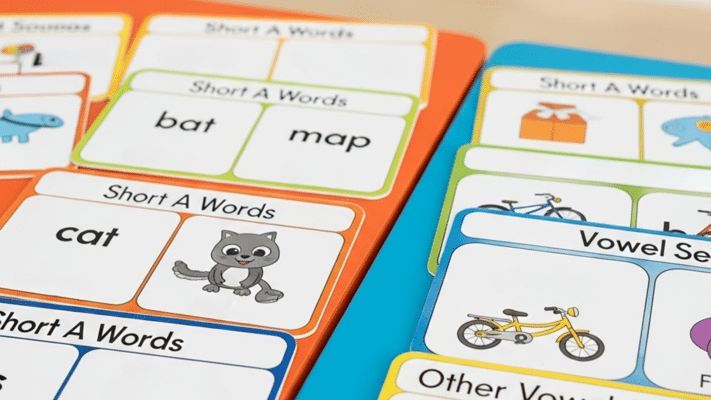
- Objective: Help children differentiate between words with the short ‘a’ sound and other vowel sounds.
- Materials required: Flashcards with different vowel sounds.
- How to play: Place the flashcards in two piles, one for short ‘a’ sounds and one for other vowel sounds. Kids will sort the words into the correct piles.
2. Phonics Bingo
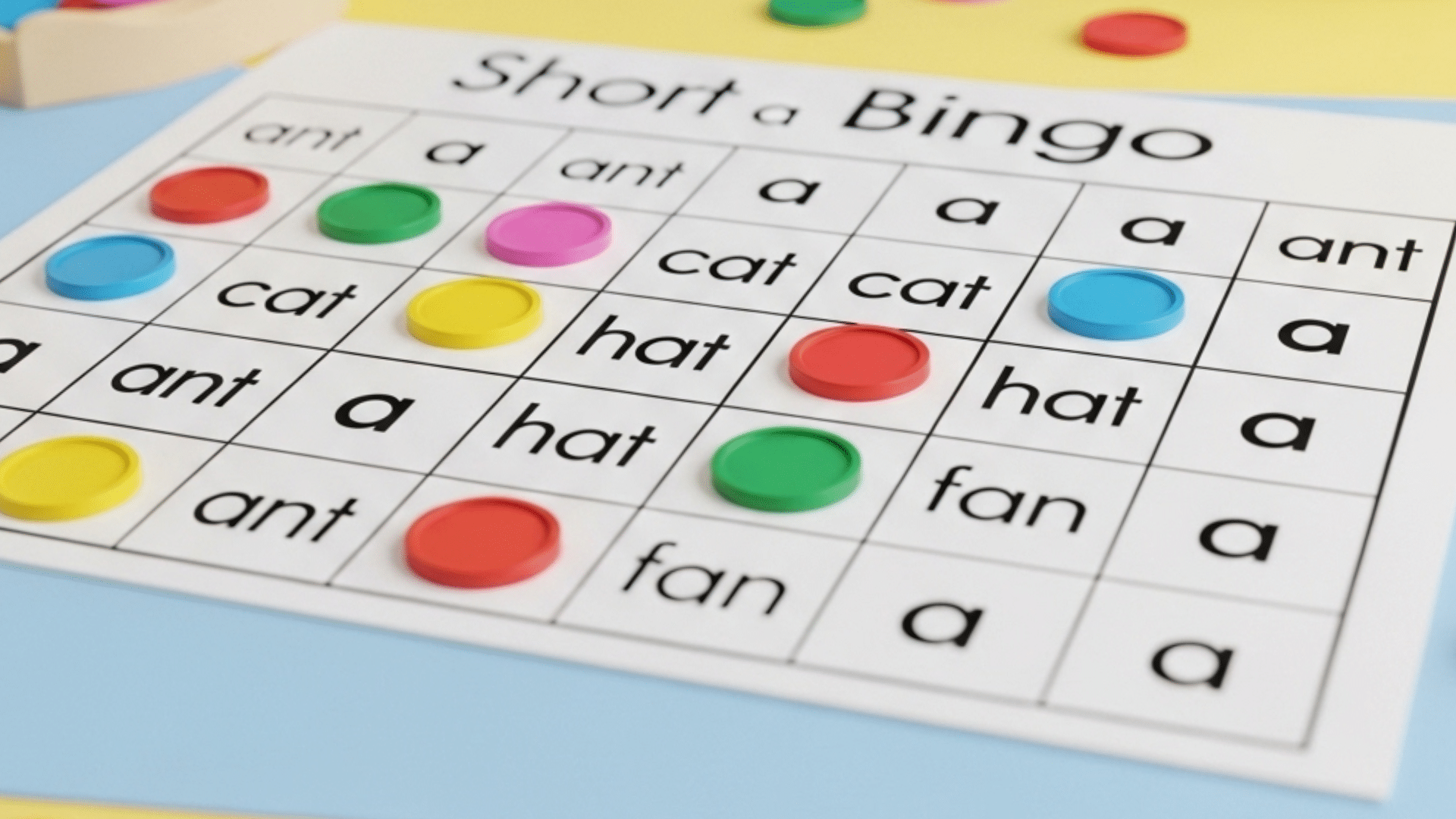
- Objective: Practice recognizing and reading short ‘a’ words through a fun game of bingo.
- Materials required: Bingo cards with short ‘a’ words, counters or chips.
- How to play: Call out the words, and children will mark them on their bingo cards. The first child to complete a row wins.
3. Word Hunt
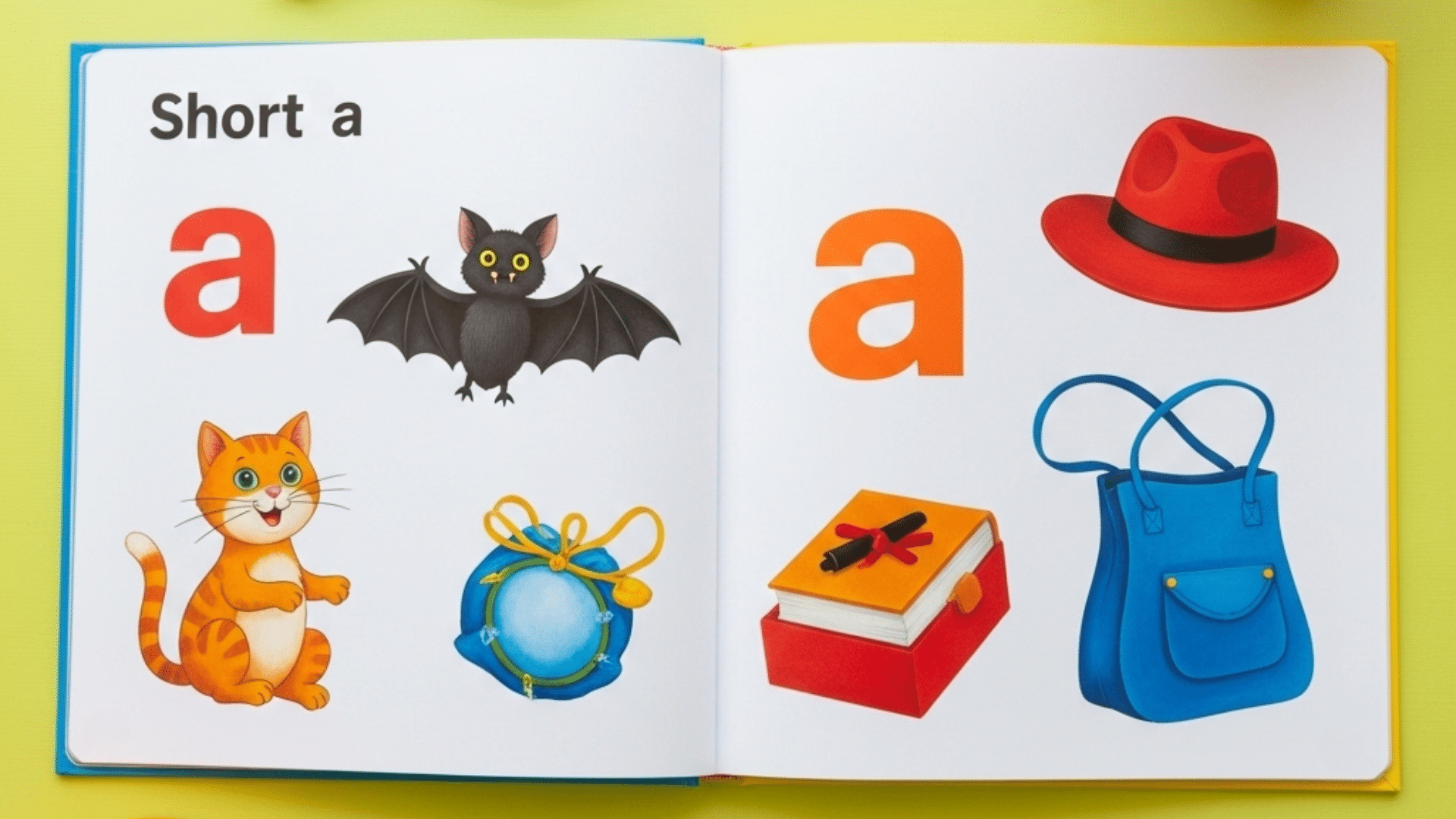
- Objective: Help kids identify short ‘a’ words in books or other materials.
- Materials required: A book or list of short ‘a’ words.
- How to play: Ask children to find words with the short ‘a’ sound within the text. For each word they find, they read it aloud to reinforce pronunciation.
4. Rhyming Pairs
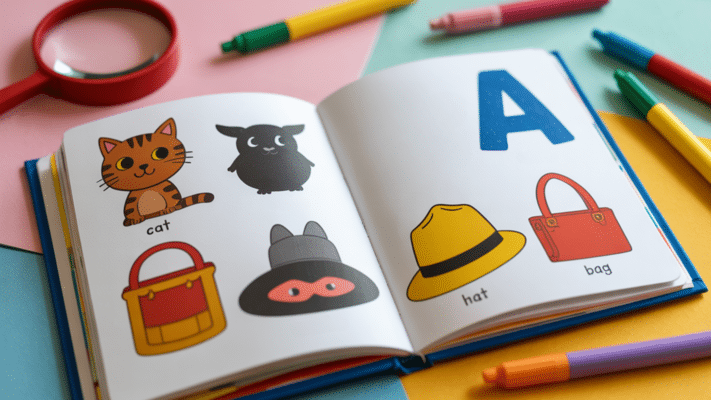
- Objective: Enhance phonetic awareness by identifying rhyming words with the short ‘a’ sound.
- Materials required: Cards with pairs of words (e.g., cat, bat, rat).
- How to play: Spread the cards on the floor. Ask the children to match the rhyming words with the same short ‘a’ sound.
5. Sound Stories

- Objective: Create short stories using words with the short ‘a’ sound to help kids connect sounds with context.
- Materials required: Paper, pen, and a list of short ‘a’ words.
- How to play: Children will pick a few words with the short ‘a’ sound and use them to create a fun, short story. They can share their stories with others to practice reading aloud.
The Bottom Line
Mastering short A sounds creates a strong foundation for young readers.
The blog post equips parents and teachers with practical tools, from understanding sound differences to accessing words with short A sound for daily practice.
The activities and word lists offer immediate ways to support phonics learning at home and in classrooms.
When families and educators start practicing these sounds regularly, children evolve from hesitant readers into confident learners who tackle new words with excitement.








